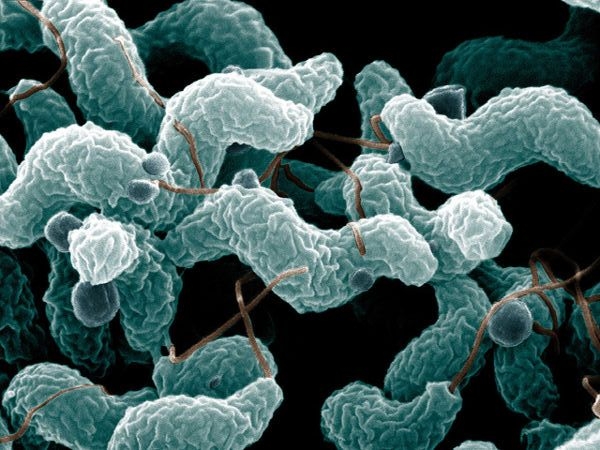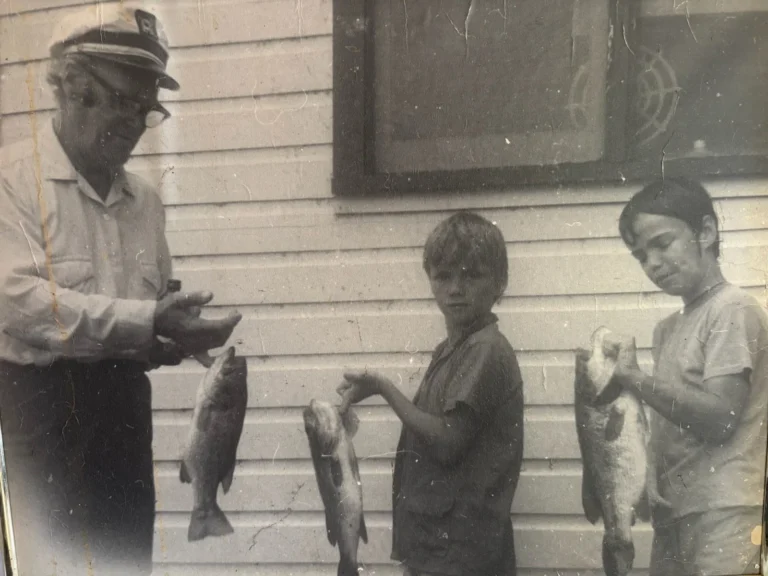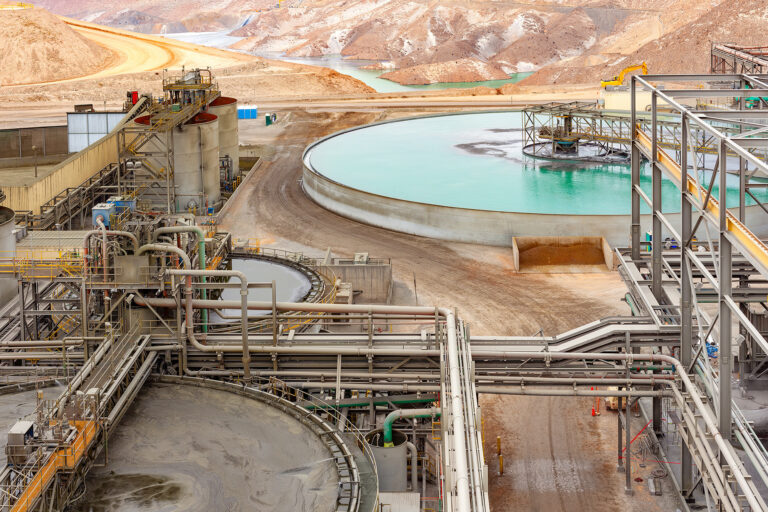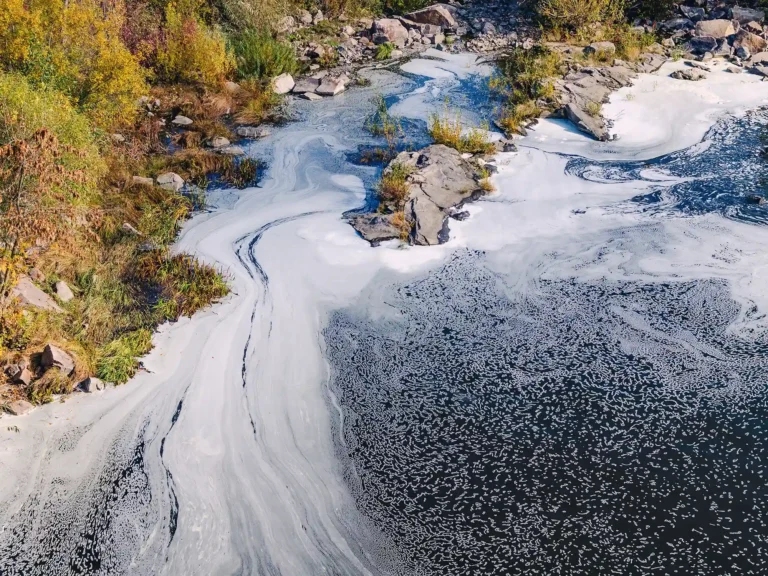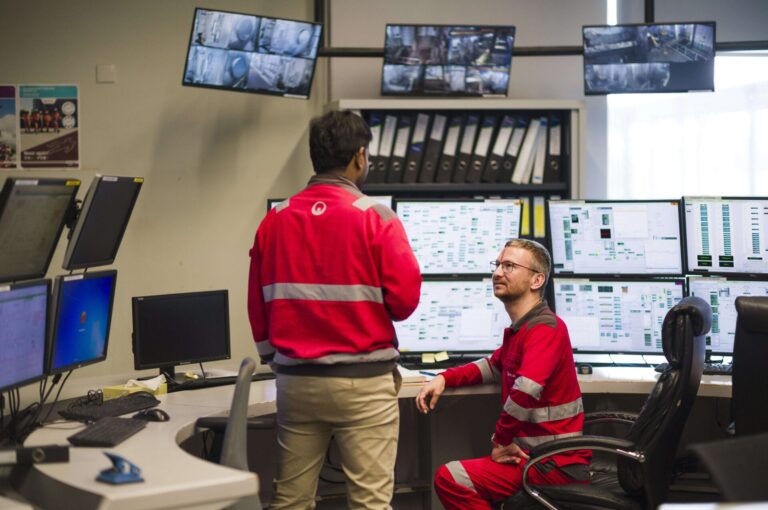Water Canada: Hi, Brian. What’s your role at Trojan?
Brian Petri: I have a mandate to lead our disinfection research program. Our lab group tries to understand how amenable to treatment various pathogens are. We want to reduce the number of pathogens that concern us.
WC: What do you plan to speak about at the World Water Day event?
BP: The title of the talk is “The How and Why of Water Treatment.” I’m going to talk a bit about water and wastewater, and how closely they’re linked and how the treatment options for these different kinds of water are actually kind of similar. The same steps are involved; they’re not as different as people might think. The main treatment goal is to reduce pathogens—there are lots of things people are worried about in their water, but pathogens should be the primary concern. Their source is ultimately waste.
WC: Why is important to educate communities on municipal-level water and wastewater treatment options and include them in decisions? What are your goals for your talk?
BP: People are becoming more involved in trying to gain knowledge about their water. Certainly showing up in the media in many contexts, and it’s never a bad thing to be educated on the real issues. Another key point is that we’re very fortunate to be in a first-world country where water treatment technologies are leading-edge. Basically, we have excellent water. People sometimes call into question the water they receive municipally without really an understanding of what the issues are. Being educated about water treatment gives people more confidence in their water, and helps them ask more of the right questions.
I’ll also talk about three very quintessential outbreak case studies that have occurred in recent times—Walkerton, North Battleford, Milwaukee, and how they’ve helped us redefine our approaches to water treatment. I’ll talk about what went wrong, and how it can be prevented.
WC: What kind of food for thought will you leave for your audience?
BP: Well, people want to believe that their water is of great quality, but sometimes this kind of thinking breeds a resistance to water treatment.
WC: So, even a community like Elmvale, home to some of the world’s most pristine water, needs barriers to keep it from becoming contaminated.
BP: Yes, but multi-barrier treatment strategies do not always have to be entirely technological solutions. A barrier could be as simple as source water protection. That being said, every community will have its own unique challenges; there isn’t a one-size-fits-all solution. Awareness of the risks in any community’s water treatment system is key. Realistically, there isn’t anywhere you can go on earth without a need for water treatment.
Read last year’s Elmvale interview with Dr. Rob de Loë here, and find out more about the Elmvale Foundation World Water Day celebrations here.
More World Water Day news and features here.

